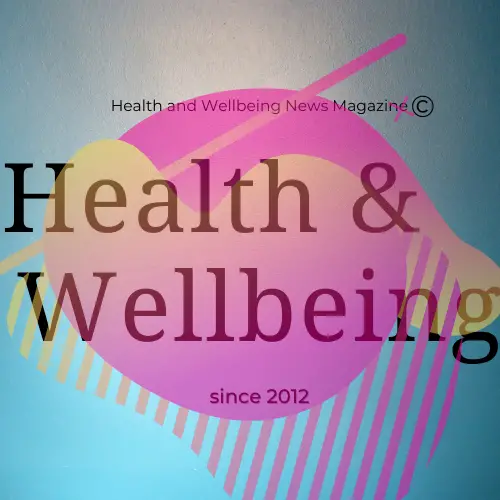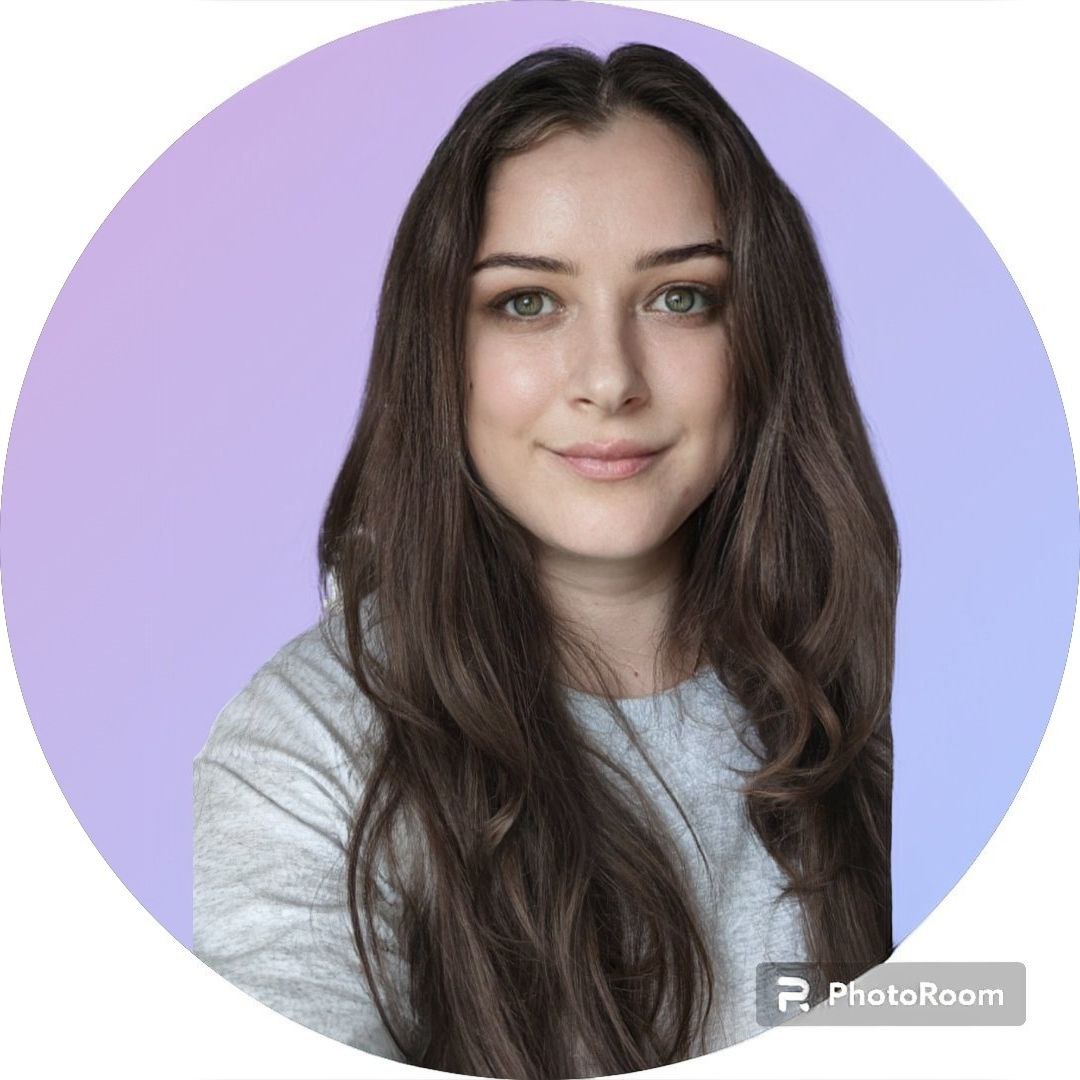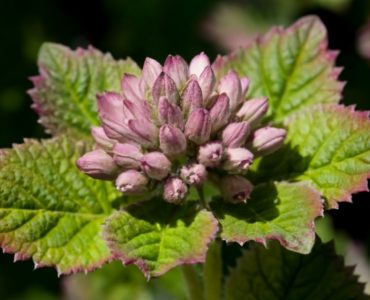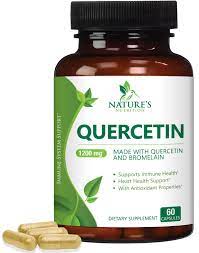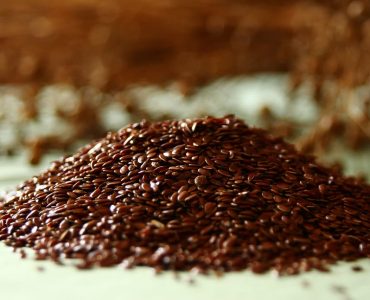Cluster headaches, characterized by excruciating, one-sided pain, are often described as “suicide headaches” due to their intensity and potential to drive sufferers to desperate measures. Yet, despite their severity, knowledge about these enigmatic headaches remains limited. This comprehensive guide delves into the world of cluster headaches, illuminating their causes, symptoms, treatment options, and empowering individuals and their loved ones to navigate this often-debilitating condition.
A Storm in the Skull: Recognizing the Symptoms
Cluster headaches stand out for their unique and agonizing features:
- Unilateral pain: The pain is excruciating, often described as burning, stabbing, or piercing, and typically located behind or around one eye.
- Sudden onset: Attacks can start abruptly, reaching peak intensity within minutes, without any warning signs.
- Intense pain: The pain is often described as the worst imaginable, often accompanied by restlessness, agitation, and tearing.
- Autonomic symptoms: Redness and watering of the eye, sweating, and a runny nose on the affected side can occur.
- Frequency: Attacks typically occur in clusters, lasting weeks or months, followed by remission periods. Within a cluster, headaches can happen daily, often at the same time each day.
Facing the Unknown: Causes and Risk Factors
The exact cause of cluster headaches remains a mystery, but several factors are thought to be involved:
- Hypothalamus malfunction: This brain region regulates various functions, including sleep and pain perception, and might be implicated in cluster headaches.
- Neurotransmitters: Imbalances in brain chemicals like serotonin and histamine might contribute to the attacks.
- Genetics: A family history of cluster headaches increases your risk.
- Other factors: Smoking, alcohol consumption, and certain medications might trigger attacks in susceptible individuals.
Navigating the Diagnostic Maze
Diagnosing cluster headaches can be challenging as there’s no specific test. Doctors rely on your detailed description of symptoms, medical history, and ruling out other possible causes. It’s crucial to be as informative as possible about your experience to ensure an accurate diagnosis and appropriate treatment.
Living in the Shadow of Pain: The Impact of Cluster Headaches
The impact of cluster headaches extends far beyond the physical pain. The fear of impending attacks, sleep disruption, and social limitations can take a significant toll on mental and emotional well-being. Depression, anxiety, and isolation are common experiences for individuals battling this condition.
Weathering the Storm: Treatment Strategies
While there’s no cure for cluster headaches, various treatment options aim to:
- Prevent attacks: Medications like verapamil or lithium can help reduce the frequency and severity of attacks.
- Abort attacks: Oxygen therapy, triptans, and nasal sprays can be used to stop an ongoing attack in its tracks.
- Manage symptoms: Pain relievers, anti-nausea medications, and eye drops can address specific symptoms during an attack.
Beyond Medication: Exploring Alternative Approaches
Some individuals find relief through complementary and alternative approaches alongside conventional treatment:
- Acupuncture: May help reduce pain and improve sleep.
- Biofeedback: Can teach individuals to manage stress and pain responses.
- Deep brain stimulation: In severe cases, this neuromodulation technique can be considered.
Remember: It’s crucial to discuss these approaches with your doctor to ensure they complement your current treatment plan and don’t pose any risks.
Building a Support System: You’re Not Alone
Living with cluster headaches can be isolating, but you don’t have to face it alone. Sharing your experiences with loved ones, joining support groups, and connecting with online communities can provide invaluable emotional and practical support. Be your own advocate, actively participate in your treatment decisions, and seek professional help when needed.
Lifestyle Modifications and Coping Strategies
In addition to medical treatments, lifestyle modifications and coping strategies can help individuals manage cluster headaches more effectively. Strategies may include:
- Identifying and avoiding triggers such as alcohol, certain foods, and stress
- Establishing a regular sleep schedule and practicing relaxation techniques
- Seeking support from healthcare professionals, support groups, and loved ones
Beyond the Agony: Hope and Resilience in the Face of Cluster Headaches
Cluster headaches might feel like an unrelenting storm, but there is hope. By understanding the condition, actively seeking treatment, building a support system, and prioritizing self-care, you can weather the storm and reclaim control of your life. Remember, you’re not alone in this journey. There are resources, support systems, and research efforts paving the way for a brighter future, where debilitating pain no longer defines your life.
Treatment Options for Cluster Headaches
Treatment for cluster headaches aims to alleviate pain, shorten the duration of cluster periods, and prevent future attacks. Treatment options may include:
- Acute medications such as triptans, oxygen therapy, and intranasal lidocaine to abort individual attacks
- Preventive medications such as calcium channel blockers, corticosteroids, and anticonvulsants to reduce the frequency and severity of cluster periods
- Neuromodulation techniques such as occipital nerve stimulation and deep brain stimulation for refractory cases
